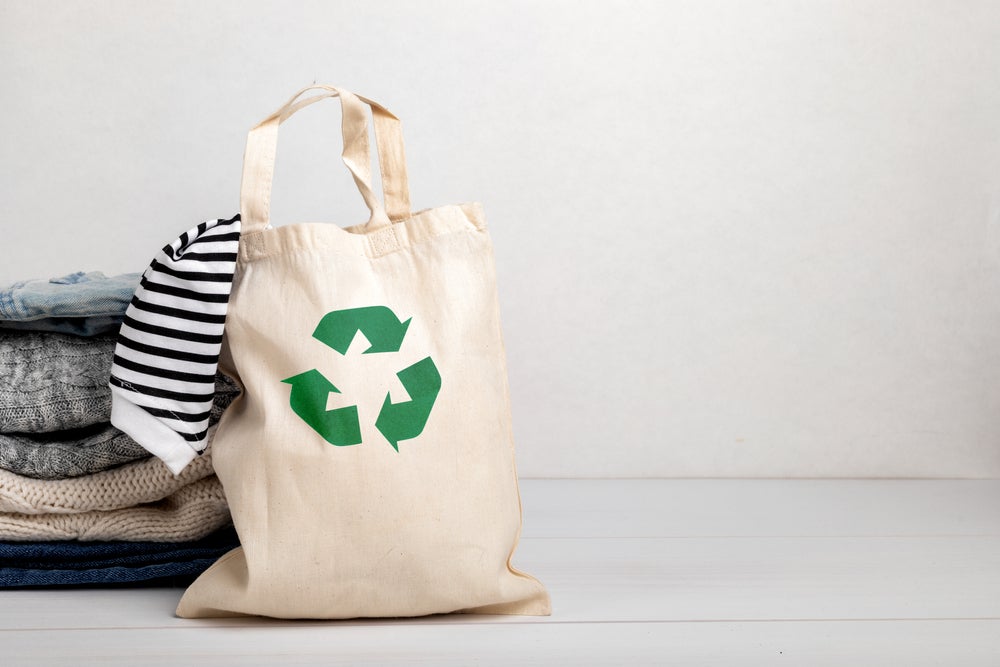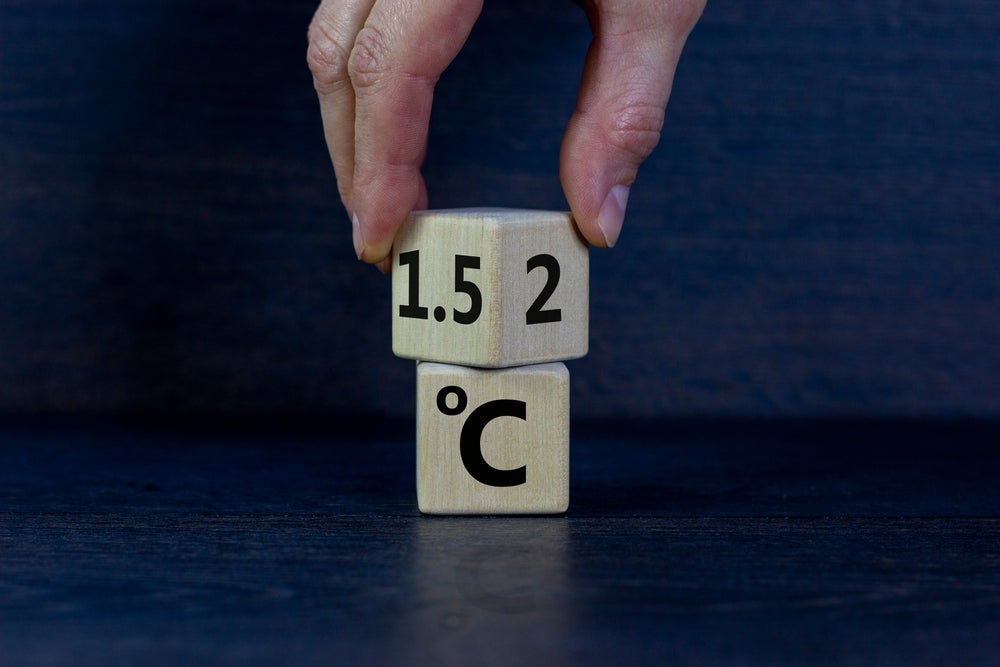Puma claimed it achieved the reduction in emissions by doubling its use of renewable energy in 2023, compared to 2022. The company also said it increased its use of less carbon-intensive materials and its logistics partner Maersk introduced low carbon shipment tariffs.
Using renewable electricity and investing in electric vehicles were also said to have contributed to the declining emissions.
Puma said its greenhouse gas emissions have fallen by 29% since 2017.
The news comes despite Puma reporting currency-adjusted sales growth of 6.6% to €8.6bn ($9.35bn) in 2023.
Anne-Laure Descours, chief sourcing officer at Puma, said: “We are very proud of the progress we have achieved on our sustainability journey in 2023, particularly when it comes to the reduction of greenhouse gases.”
The company has also made progress on its plastic and oceans targets, eliminating plastic carrier bags from its owned and operational stores.
Puma also recently shared the results of its successful attempt to create a fully biodegradable trainer. A commercial version of the shoe is expected to launch in April 2024.
This year, Puma also claimed that all of its replica football jerseys will be made using its Re:Fibre recycling technology, which use polyester textile waste as a primary source material.
The company has trained more than 220,000 factory workers on women’s empowerment and said it has completely mapped its subcontractors and Tier 2 suppliers for human rights risks.
Puma’s climate goals were approved by the Science Based Targets Initiative (SBTi) and it aims to reduce emissions by levels scientists say are necessary to keep global warming below 1.5C.
By 2030, Puma aims to reduce its Scope 1 and Scope 2 greenhouse gas emissions by 90% compared to its 2017 baseline. The company has also committed to reducing its absolute Scope 3 greenhouse gas emissions from its supply chain and logistics by 33% compared to 2017.















